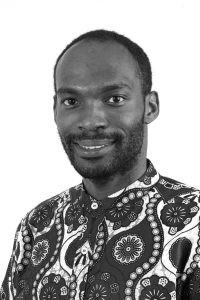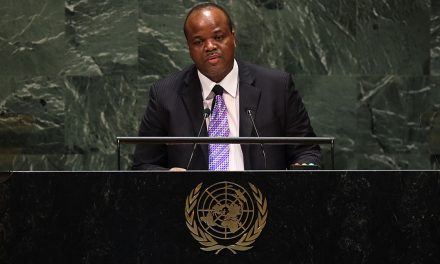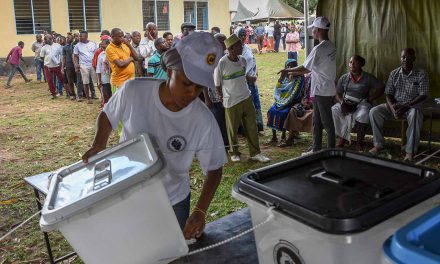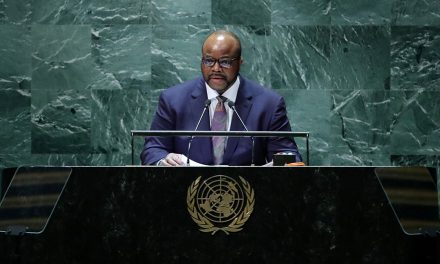Over the last two years, military-led coups have afflicted the West Africa region, particularly in Burkina Faso, Guinea and Mali (twice). While the individual causes of these coups differ greatly, they exemplify a trend in which governance failures such as corruption, inability to meet security needs and the impacts of climate change exacerbate pre-existing challenges. These governance failures create a vacuum in which the military presents itself to the civilian population as an alternative that will bring order and stability.
Good governance, on the other hand, is usefully defined as the transparent, efficient, and inclusive allocation of resources. In the absence of good governance, countries with existing vulnerabilities become more susceptible to coups. In Burkina Faso, the government of President Roch Kabore was often accused of corruption and nepotism. In Guinea, the government of Alpha Conde was accused of corruption and of ignoring poverty. Corruption, insecurity and the questionable legitimacy of past elections plagued Mali.
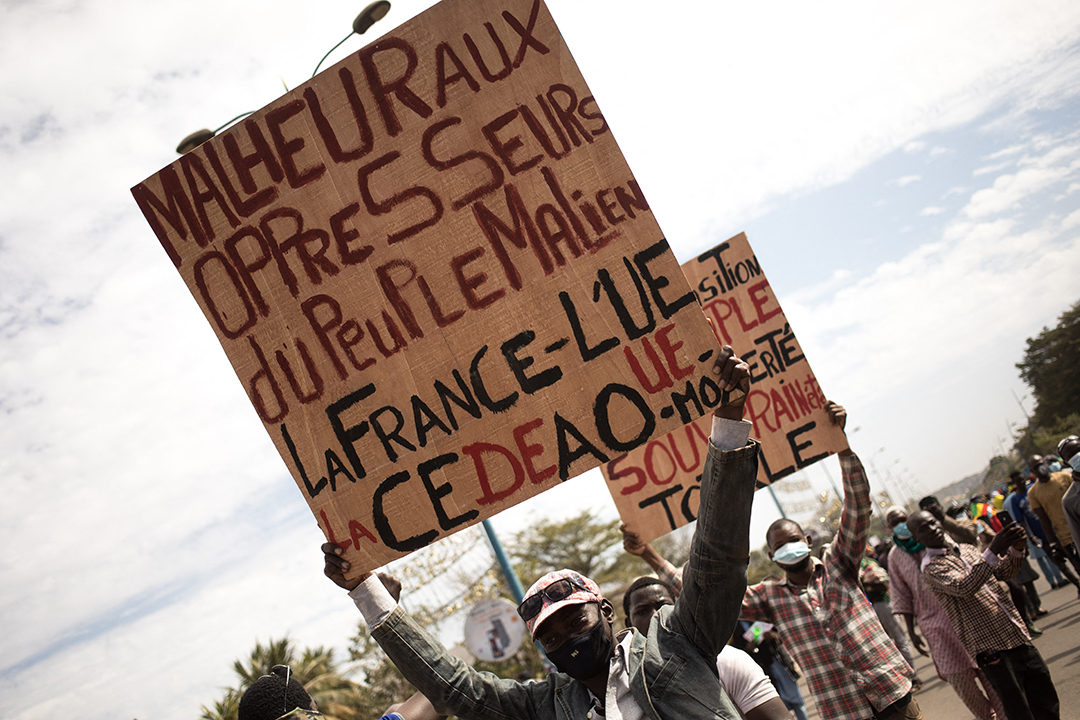
Demonstrators hold up signs reading “woe to the oppressors of the Malian people, France, the European Union and the Economic Community of West Africa (ECOWAS)”, during a mass demonstration in Bamako, on 14 January 2022, to protest against sanctions imposed on Mali and the Junta by the Economic Community of West African States (ECOWAS). Photo: Florent Vergnes/AFP
Evidently, coups reduce a country’s capacity for transparent and accountable governance, creating a vicious cycle. Military governments tend not to have the same processes of transparency, accountability, and responsiveness as civilian governments. The result is a closing up of civil society space, as evidenced in Sudan, where the armed forces responded to civilian demands with state violence.
Structural and historical factors in the West African region have negatively impacted countries’ governance capabilities. These include governance structures inherited from the colonial era, the politics of the Cold War and inter-ethnic conflict. This is accompanied by a trend of tensions between the armed forces and successive civilian governments since independence. Taken together, these increase the country’s vulnerability to coups.
Since the early 1990s, most African countries began to adopt at least some elements of democratic governance. However, some countries implemented procedural aspects of democracy such as elections, without the more substantive elements of democracy such as accountable government, a free press, an independent judiciary and freedom of association for political ends. This was a partial function of a global shift towards democratisation in the wake of the Cold War’s end. Moreover, citizen demand for democracy has grown steadily.
More formally, these systems of government are known as ‘hybrid regimes’. They combine elements of autocratic governance with elements of democratic governance. In Extremisms in Africa Volume 3, an anthology published by GGA on extremism and political violence in Africa, Bethany McGann examines the dynamics of hybrid regimes in the Sahel region. One of her key points is that they are characterised by growing trust deficits between the governors and the governed.
Trust deficits in these contexts – which may increase the appetite for military rule – are a convergence of numerous factors including:
- Weak successive governments which proved unable to provide public goods for all citizens;
- A perception by the population that circumstances for ordinary citizens don’t change, regardless of who is in charge;
- Citizen’s lack of trust in illegitimate electoral processes;
- A political elite incapable of providing security for the citizenry;
- Civilian leadership attempting to make unconstitutional changes that would increase their hold on power.
These deficits create a vacuum for military governments to claim problem-solving capabilities that democratic governments do not have.
Democratic governments’ inability to fight militants was one of the reasons presented by the armed forces for their takeovers. Indeed, the governments of both Mali and Burkina Faso, and the French troops stationed in the region, have struggled to push back insurgency groups. An attack by militants in Burkina Faso in November 2021 killed 53 people, including four civilians. This incident led to protests in which citizens voiced their anger at President Kabore’s failure to protect them.
The recent coups demonstrate increased securitisation of governance. The military suspends the constitutional order and presents itself as an alternative to a democratically elected government that has failed to manage the grievances of the population effectively.
If the citizenry supports military takeovers, actions by the international community, such as sanctions, are typically represented to the citizenry as an attack by foreign forces on the citizens’ right to self-determination. The military government in Mali has presented sanctions on the country – aimed at returning the country to its constitutional order – as exactly this kind of attack.
History suggests that sanctions, unless carefully crafted to target elites and their supporting oligarchs, cause significant hardship for citizens, while the elites remain unaffected. Sanctions placed on Mali, for instance, by international and regional bodies have disproportionately impacted the country’s citizens while having little impact on improving governance.
In both Mali and Burkina Faso, some civilians seem to have celebrated the military takeovers, with an expectation that the military authority will restore security. This situation in West Africa exposes the grey area that exists in the African Union (AU) and ECOWAS policy positions, which support the will of the people and oppose unconstitutional takeovers of power by the military at the same time. The will of the people is, in this case, channelled through unconstitutional means.
This presents a conundrum for the concept of democracy. Democracy has often been narrowly interpreted as the holding of regular elections in many African countries. Instances of elections being used by authoritarian leaders to entrench their power, either through rigging or preventing opposition members from competing, are common limitations of this narrow conception. Clearly, there is more to democratic governance than the holding of elections.
But the alternative – military rule that suspends the constitution – does not create an efficient and transparent allocation of resources either.
The recent coups in West Africa are deeply rooted in civilian rulers’ poor governance performance. The solution, therefore, does not lie in military alternatives. It lies in the realm of improving governance in the region. Bridging the trust deficit requires the development of a robust legislature, an independent judiciary, a free press, and freedom of association for political parties. The existence of these reduces corruption and improves the rule of law, which attracts investment and promotes economic growth. This is where regional efforts need to now be focused.
[activecampaign form=1]
Vincent Obisie-Orlu is a Natural Resource Governance researcher at Good Governance Africa. He holds a BA in International Relations and Political Studies from the University of the Witwatersrand. His work focuses on natural resource governance of critical minerals, Environmental Social and Governance (ESG) issues, sustainable finance, and energy policy in light of the energy transition.

